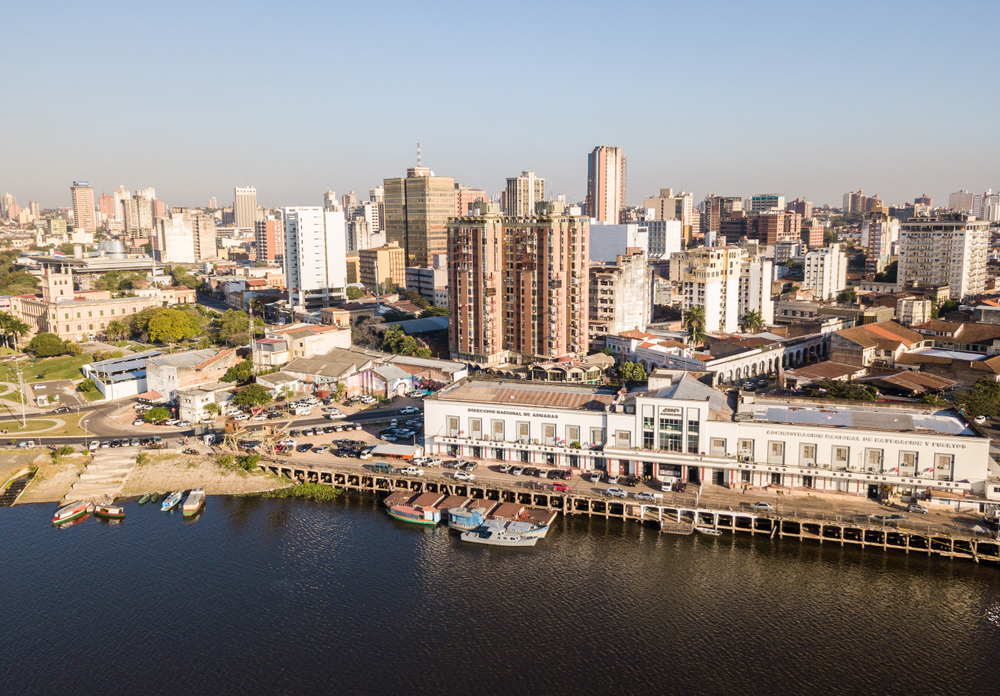“How to open a company in Paraguay” and “everything you need to know about investments in Paraguay” appear as Google hints when you do a quick search related to business in the landlocked country, sandwiched between Bolivia and regional powerhouses Brazil and Argentina. Despite its diminutive size—less than twice the area of the state of São Paulo—Paraguay has averaged GDP growth of 4.8 percent over the last decade.
Paraguay is rapidly becoming an attractive destination for foreign investors, thanks in part to the shyness of the region’s big dogs after the drop in commodities exports. Instead of enduring vacant global supply and battling to escape recession, Paraguay invested in a strong macroeconomic agenda, diversified its industry and gambled on low taxes and cheap labor costs.
Therefore, the modest country is an ideal first location for any entrepreneur interested in entering the South American market. With this in mind, the country’s Ministry of Industry and Commerce has made efforts to show off exactly why Paraguay is a new investment haven.
The Investment and Export Network (Rediex) is an online portal which serves as something of a welcome brochure, listing all of the economic benefits of setting up shop in Paraguay. The clear and minimalistic website, translated into English, Portuguese and German, is an excellent advertisement for the country’s low bureaucracy and operating costs.
Paraguay’s key to success
Former Paraguayan President Horacio Cartes (2013–2018) didn’t have to move a muscle to encounter the recipe for success. The leader of the Colorado Party simply used an already existing measure to attract investors.
The Maquila Law, created in 1997 but “internationally forgotten” by former governments, states that foreign companies established in Paraguay enjoy 1-percent tax on exports. In exchange, the owners must export between 90 and 100 percent of their production.
Even though the Brazilian government’s new “Economic Freedom” law comes as its own push to reduce bureaucracy and trace an easier path for future business owners, regulations in Paraguay are still far and away the region’s most favorable. Until 2017, around 70 percent of maquiladoras came from...


 Search
Search






































